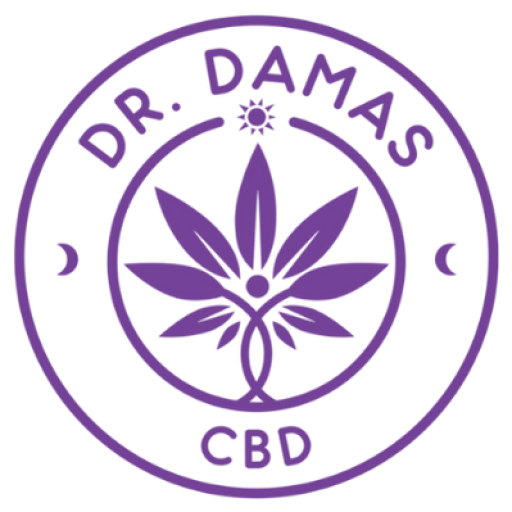They say this is “The most wonderful time of the year.” It's the holiday season, a time of joy and festivity, and a time to enjoy precious moments with family and friends. But beneath all the apparent revelry, many people are having a not-so-pleasant time. Have you ever felt uneasy, nervous, or just not quite “normal” without understanding why or without any known medical reasons? If so, you may be suffering from anxiety. Studies have shown that people with certain types of anxiety disorders find that symptoms increase during the holidays. Anxiety has led to increased use of mental health services during these times.
"Anxiety" has become more used as society has become more open to discussing mental health issues, but many people still don't understand the subject well. According to the National Institutes of Health, approximately 30% of adults (18+ years old) and adolescents (13-18 years of age) suffer from some anxiety disorder in their lifetime. But what exactly is anxiety, and why should we discuss it? Let's discuss this.
Anxiety as a disorder encompasses many other syndromes, including (but not limited to) panic disorder, generalized anxiety disorder, agoraphobia, specific phobia, social anxiety disorder (social phobia), post-traumatic stress disorder, obsessive-compulsive disorder, and separation anxiety disorder.
Although these can exist independently, they can overlap, and you can have one or more recurring throughout your lifetime. People suffering from anxiety can experience several psychological, emotional, and physical symptoms. These can include (again, are not limited to) elevated heart rate, sweating, trembling, feelings of impending doom, despair, unintended weight loss or weight gain, insomnia, incontinence, loss of focus, depression, and bowel disturbances.
The examples above demonstrate how anxiety negatively affects life, from “mild” symptoms to “severe” impairment. Approximately 77% of adults with anxiety had mild to moderate impairment, with 23% experiencing severe impairment. Given the number of ways anxiety can impact a person's life, getting effective treatment is particularly important.
Treatment options for anxiety can include psychotherapy, support groups, stress management techniques, and medication. Experts agree that no one modality is a “silver bullet” and that a multimodal approach usually provides the best results. Among medication options, the most commonly prescribed are antidepressants and benzodiazepines. These are not without risk as they can have side effects ranging from suicidal ideation, insomnia, mood disturbances, nightmares, and addiction. As a result, many people have begun investigating alternatives—most notably CBD (cannabidiol).
CBD/ Cannabidiol is a naturally occurring molecule found in Hemp and Cannabis (marijuana) plants. It has shown the ability to affect our brain physiology by interacting with various cannabis-specific receptors and receptors for other neurotransmitters. It can lead to CBD demonstrating mood-enhancing and anxiolytic (anti-anxiety) properties with good side effects and safety profile. CBD has become an increasingly popular choice for people looking for treatment options to add to their anxiety toolkits!
To help with your anxiety this holiday season, we recommend our organic CBD gummies, click here to purchase . Remember to consult your physician before taking any supplements to ensure your safety.
Dr. Damas is not a substitute for medical treatment advice from your healthcare provider, etc. The statements herein are not medical advice.
REFERENCES
1Kao LT, Xirasagar S, Chung KH, Lin HC, Liu SP, Chung SD. Weekly and holiday-related patterns of panic attacks in panic disorder: a population-based study. PLoS One. 2014 Jul 9;9(7):e100913. doi:10.1371/journal.pone.0100913. PMID: 25006664; PMCID: PMC4090070.
2Sansone RA, Sansone LA. The Christmas effect on psychopathology. Innov Clin Neurosci. 2011 Dec;8(12):10-3. PMID: 22247812; PMCID: PMC3257984.
3Harvard Medical School, 2007. National Comorbidity Survey (NCS). (2017, August 21). Retrieved from https://www.hcp.med.harvard.edu/ncs/index.php.
4“NIMH » Anxiety Disorders.” NIMH, https://www.nimh.nih.gov/health/topics/anxiety-disorders. Accessed 16 November 2022.
5Maroon J, Bost J. Review of the neurological benefits of phytocannabinoids. Surg Neurol Int. 2018 Apr 26;9:91. doi: 10.4103/sni.sni_45_18. PMID: 29770251; PMCID: PMC5938896.
6Blessing EM, Steenkamp MM, Manzanares J, Marmar CR. Cannabidiol as a Potential Treatment for Anxiety Disorders. Neurotherapeutics. 2015 Oct;12(4):825-36. doi: 10.1007/s13311-015-0387-1. PMID: 26341731; PMCID: PMC4604171.















